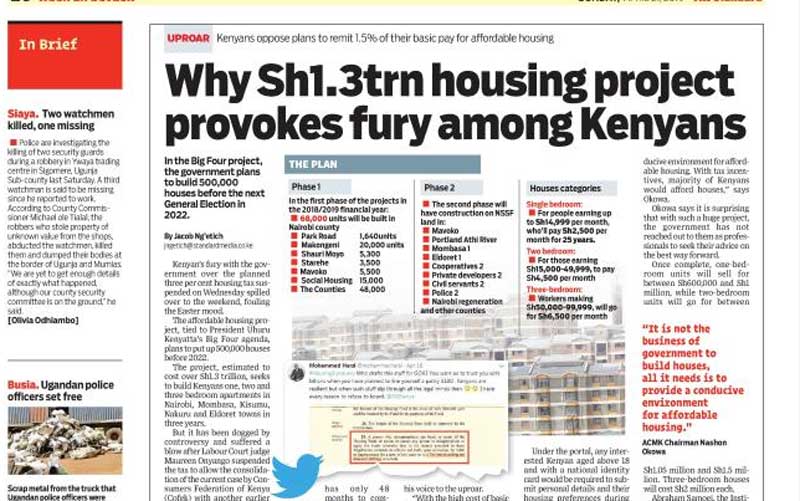×
The Standard e-Paper
Join Thousands Daily

English philosopher Thomas Hobbes had written extensively about the human condition that predated the foundation of legitimate governments. In the state of nature, Hobbes argues, no one is safe and under a state of lawlessness “Homo homini lupus ut homo. (Man is a Wolf to Man)”.